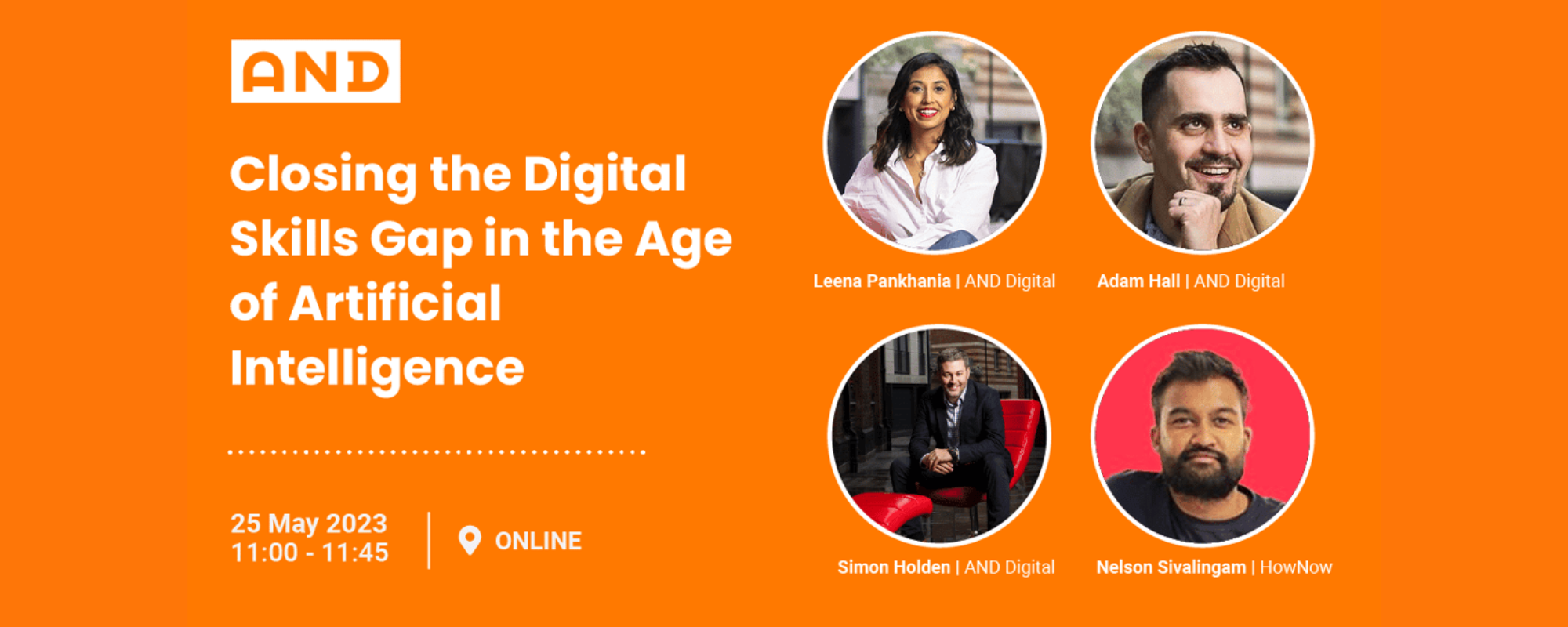In today’s rapidly evolving digital landscape, the integration of advanced technologies such as artificial intelligence (AI) and automation into the workplace is no longer a distant future but a present reality. This shift has brought to light a significant skills gap in the global workforce, a challenge that businesses and leaders are urgently called to address. Iffi Wahla, co-founder and CEO of the global hiring platform Edge, sheds light on this pressing issue, advocating for a strategic approach to developing a future-ready workforce capable of harnessing the power of new technologies.
Bridging the digital skills gap
According to the World Economic Forum’s Future of Jobs Report 2023, 60% of workers will require retraining by 2027 to keep pace with technological advancements. This statistic underscores the urgency for businesses to adapt to the digital era, emphasizing the need for employees who possess the digital skills necessary to leverage the latest technology effectively. The gap between the current skills of the workforce and those needed to navigate the future of work presents a critical challenge for leaders aiming to maintain competitive advantage and drive innovation.
Empowering teams with the knowledge and tools to work alongside AI is essential for businesses striving to be at the forefront of their industries. Data analysis, critical evaluation, and the ability to apply insights from AI and automation are among the skills that will be increasingly in demand. The globalization of recruitment, as practiced by Edge, demonstrates the potential to find talent with these skills worldwide. However, the struggle to locate individuals proficient in modern workplace skills persists, indicating a broader issue that extends beyond geographical boundaries.
Investing in future-proof skills
The call for a strategic investment in skill development is growing louder, with voices like Baroness Morgan advocating for education reform that includes character development to prepare students for an AI-driven economy. However, character development alone is insufficient to meet the demands of the future job market. There is a pressing need for a concerted effort from both government and business sectors to invest in building a workforce equipped with a diverse set of skills that are adaptable to various technological advancements.
Upskilling should not be viewed merely as acquiring a new trade but as an opportunity to equip individuals with a broad spectrum of skills that are relevant across different professional scenarios. Providing basic data skills, for example, can serve as a foundation for further learning in coding, marketing, or IT, thereby enhancing the individual’s employability and versatility in the face of technological change.
The path to innovation and resilience
A workforce proficient in cutting-edge skills is not only more adaptable but also a catalyst for innovation. Understanding and utilizing the latest technologies can lead to the discovery of new applications and breakthroughs, potentially creating entirely new industries. Moreover, a focus on developing skills that machines cannot replicate, such as strategic thinking, innovation, complex problem-solving, and emotional intelligence, can significantly enhance a business’s competitiveness and efficiency.
The commercial benefits of a well-trained team are undeniable, with increased efficiency, creativity, and effectiveness being just a few of the advantages. As we stand on the brink of 2024, the question remains whether this will be the year when global business leaders and policymakers take decisive action to cultivate the workforce of the future.
The era of AI demands a reevaluation of the skills necessary for the future workforce. Through strategic investment in skill development and a commitment to continuous learning, businesses can bridge the digital skills gap and prepare for the challenges and opportunities that lie ahead. The time to act is now, with the future of work already unfolding before us.




